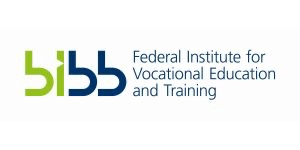Due to the importance of the migration flows from European Neighbourhood countries, the European Commission signed Mobility Partnership Declarations with Cape Verde (2008), Moldova (2008), Georgia (2009), Armenia (2011), Azerbaijan (2013), Morocco (2013), Tunisia (2014), Jordan (2014) and Belarus (2016). These partnerships brought together all migration-related issues in a single package, following the four pillars of the GAMM (legal migration/mobility; migration and development; irregular migration; and international protection/asylum).
Each declaration makes explicit reference to the skills dimension of migration under the first two pillars such as job creation, labour/skills matching, employment support to migrants and returnees, and recognition and/or validation of migrants’ qualifications and skills. Given its mandate regarding human capital development in support of the external policies of the EU, the European Training Foundation (ETF) was one of the EU agencies contributing to the implementation of these mobility partnerships.
The ETF supports activities, including addressing the root causes of migration, by improving policies for skills development mechanisms; analyses of the education, training, and employment systems of source countries; improving their labour market information and skills anticipation and matching capacity; recognition and validation of qualifications of migrants in all migration stages; and providing skills-related inputs to EU Mobility Partnerships and pilot legal migration projects.
The BILT project is implemented by

with support of

and sponsored by

UNESCO-UNEVOC International Centre
for Technical and Vocational Education and Training
UN Campus, Platz der Vereinten Nationen 1
53113 Bonn, Germany
Contact
Data privacy statement | Contacts | © UNESCO-UNEVOC